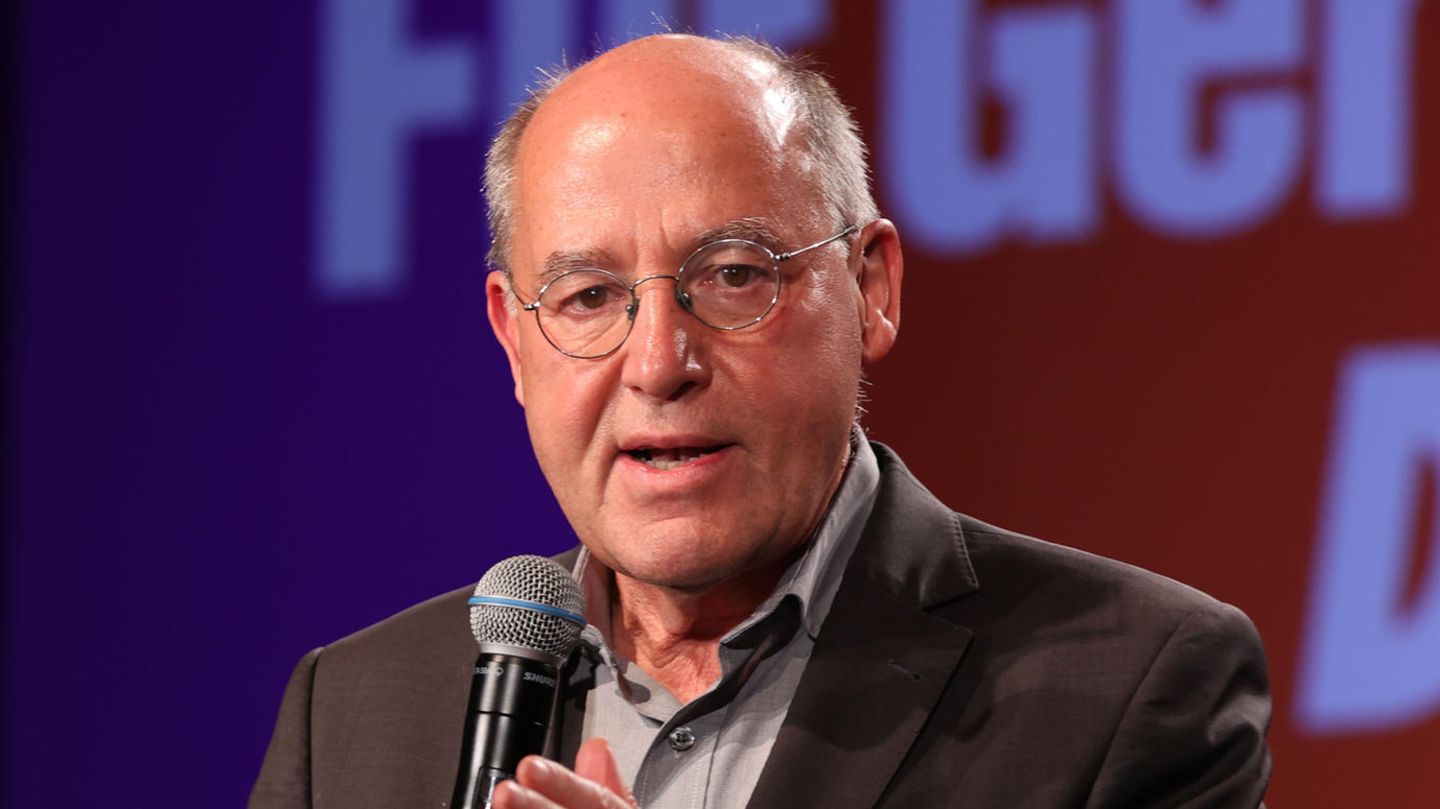The left has lost a lot of votes in the Bundestag election and only got 4.9 percent. It is thus below the five percent threshold that applies to the Bundestag. Nevertheless, she will sit in parliament. How does it work?
Harsh losses for the left in the Bundestag election: According to the preliminary official final result, it comes to only 4.9 percent – a loss of 4.3 percentage points compared to the last Bundestag election in 2017.
This would actually mean that the party would no longer be represented in the Bundestag. In Germany, a five percent clause applies to elections to the Bundestag and the state parliaments. Parties that end up below this limit are not allowed to enter parliaments. There are exceptions for minority parties such as the SSW in Schleswig-Holstein.
Nevertheless, according to the preliminary result, the left can move into the new Bundestag with 39 members. How is that possible?
Three direct mandates bring leftists into the Bundestag
This is due to the direct mandates and the so-called basic mandate clause: The Left has won at least three direct mandates. It will therefore be represented in the new Bundestag again in parliamentary groups. If a party achieves three or more direct mandates, mandates are awarded based on the second vote result – even if this is less than five percent.
The MPs Gregor Gysi and Gesine Lötzsch in Berlin and Sören Pellmann in Leipzig defended their direct mandates, as the counting of all votes in their constituencies showed. In contrast, the Berlin MP Petra Pau lost her direct mandate; and after counting almost all first votes, this also applied to the previous fifth direct mandate of the Left, also in Berlin. It is now irrelevant whether the left takes the five percent hurdle with its second vote result.
The Left, at that time still PDS, has already benefited from this: in 1994 it received only 4.4 percent of the valid second votes, but then got 26 seats in the state lists because of four direct mandates.
David William is a talented author who has made a name for himself in the world of writing. He is a professional author who writes on a wide range of topics, from general interest to opinion news. David is currently working as a writer at 24 hours worlds where he brings his unique perspective and in-depth research to his articles, making them both informative and engaging.




